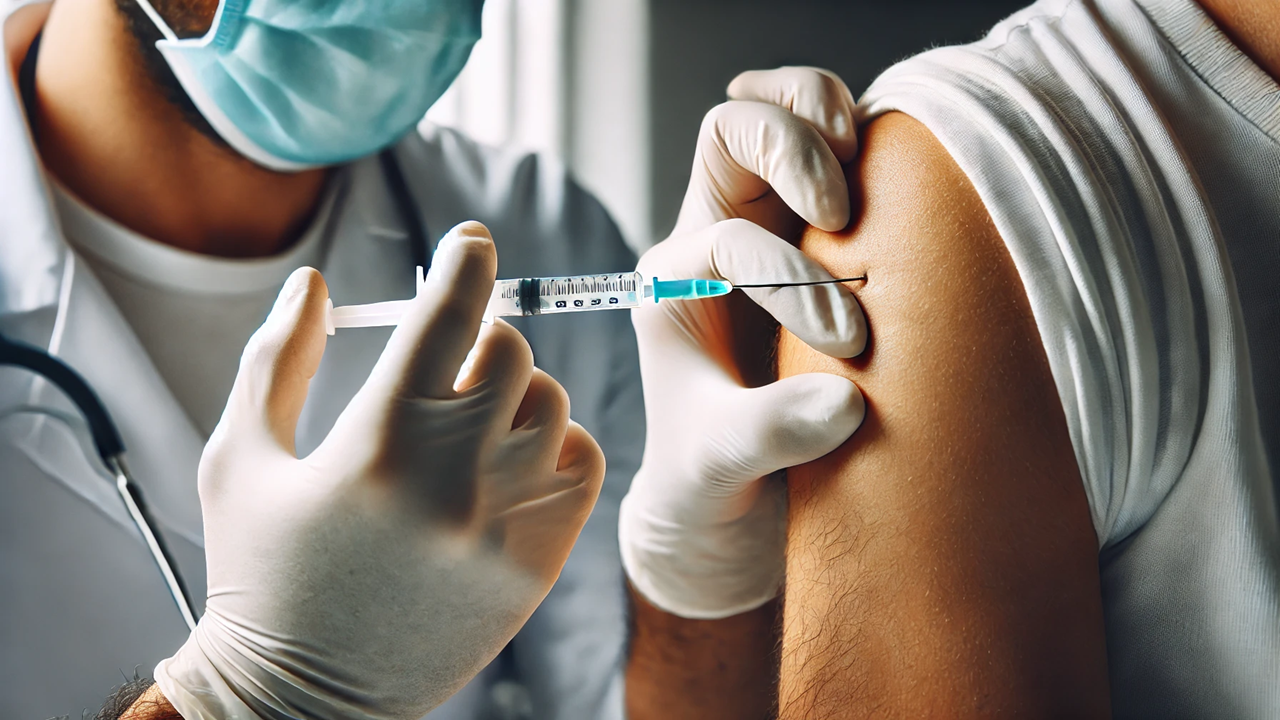CAPRISA Condemns Deepfake Misinformation Linking COVID-19 Vaccines to Fatalities
According to CAPRISA, Professor Karim has been consistent in affirming the safety and efficacy of COVID-19 vaccines, based on extensive scientific evidence.

- Country:
- South Africa
The Centre for the AIDS Programme of Research in South Africa (CAPRISA) has strongly denounced the recent circulation of a deepfake video that misrepresents its Director, Professor Salim Abdool Karim, falsely claiming that COVID-19 vaccines are harmful and have caused deaths.
The manipulated video, which mimics a broadcast from South Africa’s national broadcaster SABC, appears to show news anchor Oliver Dickson interviewing Professor Karim. In the video, a fabricated version of Karim makes alarming and scientifically baseless statements suggesting that COVID-19 vaccines are dangerous and potentially fatal. CAPRISA confirmed that the video is entirely fake and that no such interview ever occurred.
“Professor Abdool Karim refutes in its entirety the contents of this latest fake video that is currently being circulated on social media sites and other communication applications,” the organisation stated in a press release issued earlier this week.
According to CAPRISA, Professor Karim has been consistent in affirming the safety and efficacy of COVID-19 vaccines, based on extensive scientific evidence. The centre reiterated that both Professor Karim and CAPRISA have never endorsed or promoted any commercial medicines or products.
Warning Against Fake News and Misinformation
CAPRISA expressed deep concern about the growing misuse of deepfake technologies and AI-generated content to spread misinformation, especially when it undermines public health efforts. The organisation warned that such disinformation not only erodes trust in science but also endangers lives by deterring people from receiving potentially life-saving vaccines.
“Standing by our commitment to protecting the safety and well-being of the public based on accurate and trusted scientific research, CAPRISA urges members of the public to verify all health claims, to refrain from sharing misinformation and to report it as fake immediately,” the statement emphasized.
Trusted Sources for Health Information
The AIDS research centre advised citizens to rely only on verified and trustworthy sources for health-related information. These include:
-
CAPRISA’s official channels,
-
The South African Health Products Regulatory Authority (SAHPRA),
-
The National Department of Health, and
-
Registered and accredited healthcare professionals.
CAPRISA also encouraged the public to scrutinize the authenticity of medical claims, products, and messages before sharing them. “Should you receive a message of this nature either individually or in a chat group, you are advised to delete it immediately,” they cautioned.
Reporting Fake Content
Citizens are urged to take an active role in curbing the spread of false information by reporting such content directly to the platforms where it appears—whether X (formerly Twitter), Facebook, TikTok, or other digital forums. CAPRISA stressed that refraining from forwarding unverified videos and claims is one of the simplest yet most powerful tools in fighting public health misinformation.
The organisation’s response comes at a critical time when vaccine skepticism continues to be fueled by misleading content. As the world grapples with ongoing pandemic risks and the emergence of new variants, CAPRISA’s reaffirmation of scientific facts and public education remains vital.
The Bigger Picture
Deepfakes, or synthetically altered videos powered by artificial intelligence, are increasingly being used to impersonate public figures, often with malicious intent. Public health experts warn that these manipulations can severely derail public health strategies, especially when they target influential voices in science and medicine.
By denouncing this fake interview and reiterating its support for vaccines, CAPRISA is calling on both the tech industry and individuals to act responsibly. Ensuring that public health discourse remains grounded in fact, not fiction, is essential to safeguarding community well-being.
ALSO READ
The death toll in floods in South Africa has risen to 57, a government minister says, reports AP.
Australia and South Africa Battle for Supremacy in a Thrilling WTC Final
Australia Dominates South Africa In Thrilling World Test Championship Clash
Devastating Floods in Eastern Cape, South Africa Leave 78 Dead
Bedingham's Resilient Stand Boosts South Africa in WTC Final










